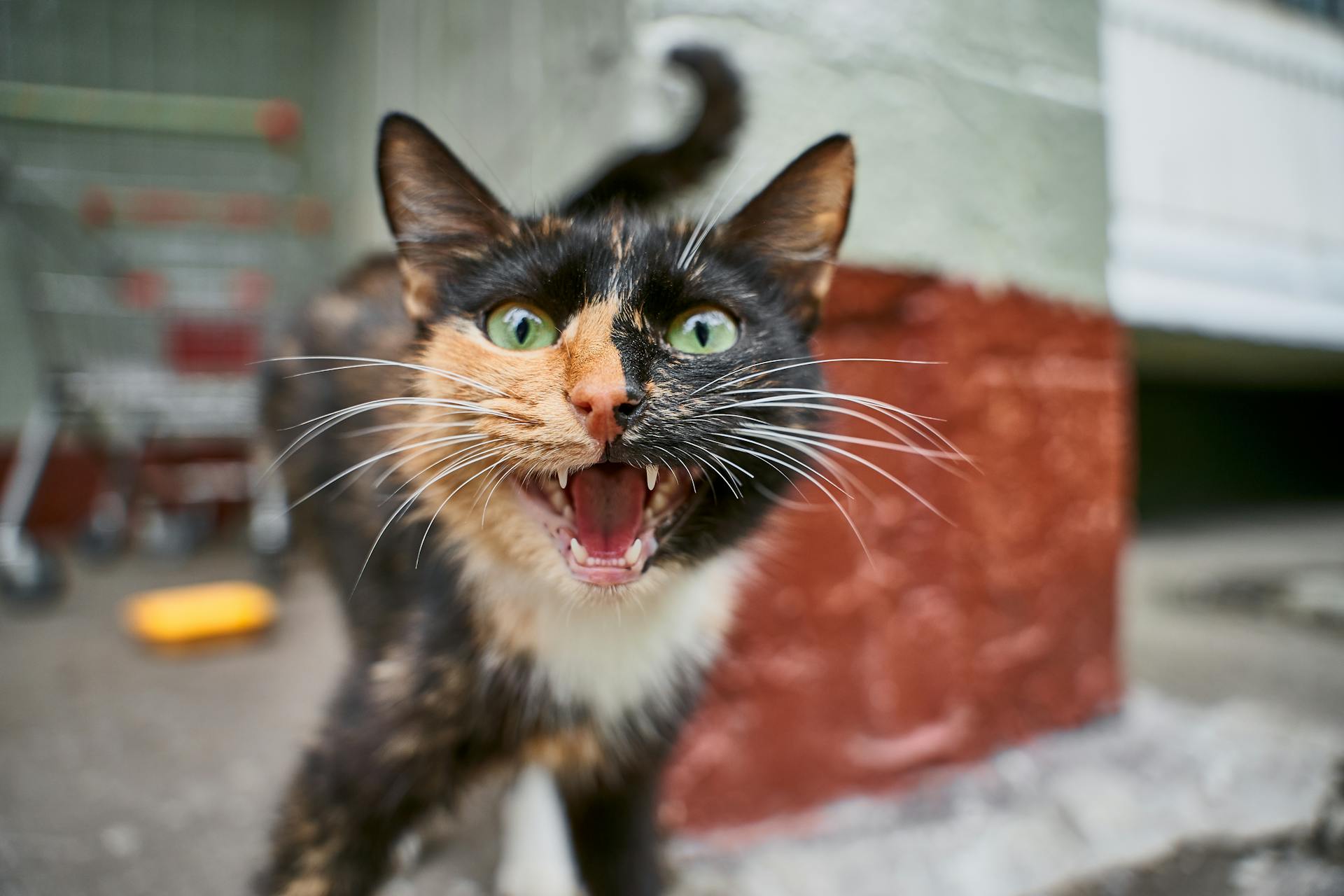Cats are fascinating creatures with a wide range of vocalizations. From purrs to meows, each sound conveys a different message. But what does it mean when your cat starts to sound like a pigeon? Understanding these noises can help you better communicate with your furry friend and address any underlying issues.
Decoding Your Cat’s Sounds: Why Do They Sound Like a Pigeon?
Cats are known for their unique vocalizations, but when your cat starts to sound like a pigeon, it can be a bit perplexing. However, this behavior is not uncommon, and there are several reasons why your cat might be making these noises.
Why Do Cats Sound Like Pigeons?
1. Purring: Cats often purr when they are content, but some cats may purr in a way that sounds like cooing. This behavior is usually a sign of relaxation and comfort.
2. Hunger: Just like a pigeon’s coo can signal hunger, some cats may make similar noises when they are hungry. This is their way of letting you know that it’s time for a meal.
3. Attention Seeking: Cats are known for their demanding nature, and some may make pigeon-like sounds to get your attention. Whether they want food, playtime, or simply some affection, these sounds are their way of communicating with you.
4. Illness: In some cases, a cat sounding like a pigeon could be a sign of illness. If your cat’s cooing sounds are accompanied by other symptoms like lethargy or loss of appetite, it’s important to consult your veterinarian.
How to Interpret Your Cat’s Noises
Understanding your cat’s vocalizations can help strengthen your bond with them. Here are some tips for decoding your cat’s sounds:
1. Purring: Generally a sign of contentment, but can also indicate pain or distress.
2. Meowing: Can signal various needs, such as hunger, wanting attention, or feeling lonely.
3. Chirping: Often a sign of excitement, usually when your cat is watching birds or other animals.
4. Growling or Hissing: Indicates aggression or fear, and it’s best to give your cat space when they make these sounds.
5. Chattering: Often occurs when a cat is watching birds through a window and is a sign of frustration or excitement.
How to Respond to Your Cat’s Noises
1. Feeding: If your cat is making pigeon-like sounds, they may be hungry. Ensure they have access to fresh food and water.
2. Playtime: Some cats make these noises when they want to play. Engage them with interactive toys to satisfy their playful instincts.
3. Comfort: Providing a warm, comfortable environment can help reduce stress and ensure your cat feels secure.
4. Health Check: If your cat’s noises are accompanied by other concerning symptoms, consult your veterinarian to rule out any underlying health issues.
While it may be surprising to hear your cat sound like a pigeon, these noises are nothing to worry about. Understanding the reasons behind your cat’s vocalizations can help you respond appropriately and strengthen your bond with your feline friend.
That said, if you have any concerns about your cat’s health or behavior, always consult your veterinarian for advice.
Yours in Paws,
The PawPaw Team

